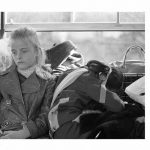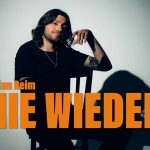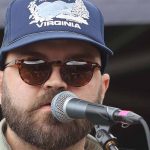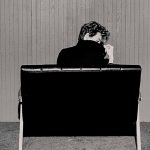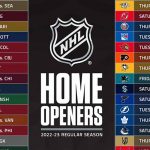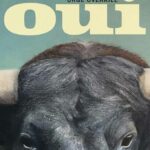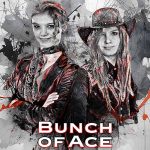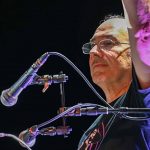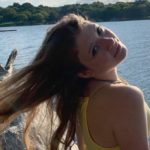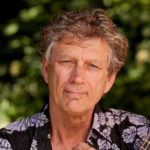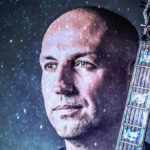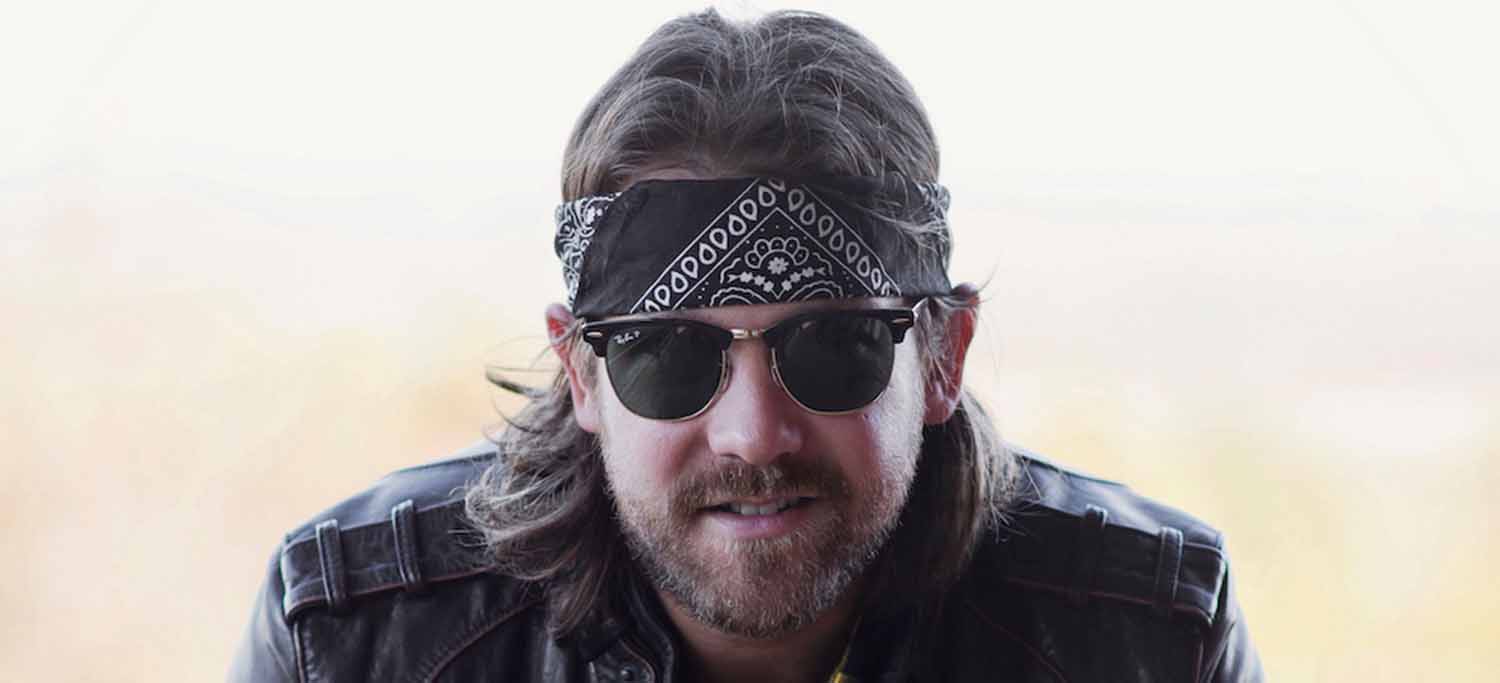Frances Luke Accord is a US-American folk music duo, which has been founded during their common time at high school. The two artists behind “FLA” are Nicholas Gunty and Brian Powers. Their first release was a charity album in favor of a project in Uganda. On 15th January 2021, they released their new single, Dust to Dust. Definitely a lot of interesting topics to chat about in my first Spotlight interview in 2021. I met Nicholas and Brian for an interesting chat.
Flyctory.com meet Frances Luke Accord
FLYC: Nicholas, Brian, thanks for joining Flyctory.com for an interview.
Nicholas: Thank you for having us!
FLYC: The dominating topic of the last months is of course the Covid-19 pandemic. How did it influence you?
Brian: Like so many others whose livelihoods depended on the ability to bring people together, Covid-19 has forced us to almost totally reimagine how our band and business can continue in a post-Covid world. Because it seems increasingly clear that the effects of the virus on the live portion of the music industry in the United States will be somewhat long term, it expedited some changes that were inevitable for us, given that we’re now in our 30’s and have families on the horizon. The result has been an earlier than anticipated pivot toward a greater focus on writing and home recording, the pursuit of additional non-FLA income streams, and an overall healthier (if a little less exhilarating 🙂 lifestyle.
FLYC: Did you try to do online concerts? How was the experience for you?
Brian: We have yet to try an online concert, as it’s unfortunately not something that can be done effectively from afar (we live apart in Chicago and Boston). We are planning to meet in person to try it in the future, however, once our forthcoming release is out in the world and the Covid climate allows a safer environment to do so. Stay tuned!
FLYC: How did you both get into music? What have been your first steps?
Nicholas: We both grew up loving music and learned to play guitar as teenagers. Before we were an official band, we would tag-team open mics and guest on each other’s sets. We also lived together for a few years, establishing ourselves as a Chicago band and building an audience there. It would be impossible for us, in the current climate of remote-only work, to continue to be a band had we not built up the structure of our working partnership back then.
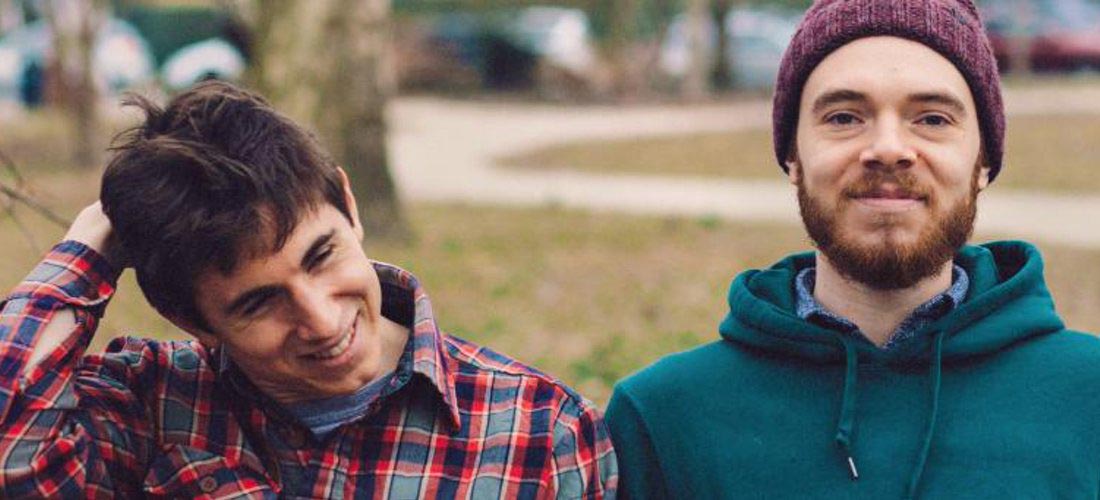
FLYC: You both grew up in South Bend, Indiana. How did you find out to do music together?
Brian: We met at the end of high school via a mutual friend who knew we were both interested in music and songwriting, and started playing together in earnest while in college. It’s a rare thing to find someone who’s equally obsessed with your passion, has a similar spirit and attitude toward the journey of life, and a different but very complementary skill set. So we figured we’d give it a go. We’re darn grateful to still be doing it almost a decade later.
FLYC: Something I funnily never asked an artist before: I guess when two people meet and decide to do music together, you somehow need to discuss and define your common style of music. How did you do it when you formed Frances Luke Accord?
Nicholas: That wasn’t something we had one, single, direct conversation over — it took shape slowly and through constant renegotiation (and is still constantly reshaping itself as each of our personal instincts and tastes change, and as the world around us changes). But this is one of the most powerful aspects of collaboration: it forces you to practice constructive compromise.

FLYC: What does Frances Luke Accord stand for?
Nicholas: Both Frances and Luke are names that come from our catholic heritage. In one sense, the name of the band embodies that compromise, like a pact we’ve made with each other to make music together, to form a partnership, to help each other succeed, and ultimately to help each other become our best selves. In another sense, we really just sort of picked it out of a hat.
FLYC: Your first release, Kandote, was a collaboration with the Barefoot Truth Children’s Choir in Uganda. How are you connected to the country?
Brian: We were originally connected to the town of Kkindu, Uganda, via a staff member at the University of Notre Dame, but remain connected via the friendships we made while we were there. It’s our goal to get back whenever life and Covid allows (sooner than later, we hope).
FLYC: Your first EP was the 2014 Queen for Me. What are the key topics of the EP?
Nicholas: We were young kids who just moved to the city to pursue careers in music. The optimism — and naivety — of that time in our lives is palpable in the work. Still, that first EP was a huge step in the development of our work style insofar as it helped us put meaningful bounds on what we were trying to do, both technically and aesthetically.
FLYC: Do you have a favorite track – and why?
Nicholas: We tend not to have favorites, especially once the record is finished. Neither of us have children, but we kind of imagine finished songs to be like children growing up and leaving the house; we love them all for their own reason, and may continue to have a personal relationship with them but they also start to have their own relationships with others, and that requires quite a lot of letting go.

FLYC: Favorite songs is maybe a nice topic – when you do a setlist for a show, do you typically quickly agree on the list of songs or are there major discussions?
Brian: We’ve found that coming up with a set list at the beginning of a tour and generally sticking to it with minor changes night to night works best for us. There’s so much happening on tour that eliminating unnecessary deliberation saves time, and is just easier. There are rarely major discussions around setlist choices. We’re pretty easy going on that front.
FLYC: In 2016, you then released your first non-charity album, Fluke. The most successful track was Who Do You Run From, which is streamed on Spotify almost half a million times. Do you try to visualize or somehow differently realize how many people are listening to your songs?
Brian: We focus mostly on making each song as good as we can. Once the music is finished, we then make creative decisions to try to give it the best possible chance at having a long life out in the world based on data from previous releases, the resources we have available to promote it (which are usually minimal), and the current state of the industry (which is always changing). We’ve found that if you spend time worrying about things that are mostly outside of your control—whether it be plays/listeners, social media followers, likes, etc—you’ll go insane. It’s not a productive or healthy way to spend time, so we don’t give it much attention once the promotion around a particular release is finished.
FLYC: Is Who Do You Run From also your favorite track on the album – or do you like another one more?
Nicholas: Like we said, we tend not to have favorites. Who Do You Run From is special to us for certain reasons, but so is every track on that record, for different reasons in every case. That said, one song from Fluke that we often like to highlight is The Nightline, an instrumental track that breaks up the two sides of the record. It was built on a violin improvisation performed by our dear friend (and honorary member of the band) Katie Van Dusen, who traveled 5 hours in a car without heat through a midwestern polar vortex to record the session, which was absolutely magical.
FLYC: In 2018, you released Maria, which is only two minutes long, but also made it to about 400k streams on Spotify only. What is that song about?
Nicholas: That song was written in response to the hurricane summer of 2017 and to the immense, impending threat of climate change reflected in that season of disaster. More than even the hurricane, though, the song is really about losing what you think you have.
FLYC: Your major release in 2019 was your four track EP, Silver & Gold. Nowadays, you get a lot of reviews from all over the world. What was your most special feedback you received on the songs?
Brian: There isn’t one piece of feedback that comes to mind, but we generally feel that if our music helps lift a mood, nudge someone out of a rut, or inspire someone to take a deeper look inside, then we’ll have done our job as writers/music makers.
FLYC: We should of course talk about your new single, Dust To Dust. What is this song about?
Nicholas: Dust to Dust is a song about finding silence amidst the nervous hunger of uncertainty, which has been exceptionally difficult given the layers of social upheaval we’re all facing at the moment.
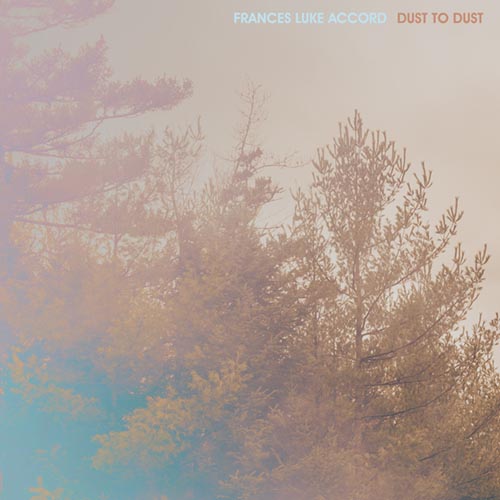
FLYC: You did not release music in 2020. A short hiatus or just gathering material to be more present in 2021?
Nicholas: We did not release music in 2020 largely because part of that upheaval was having to radically pivot from a release model based on touring. But yes, we have been trying to use the time off wisely and have been building a large catalogue of material to help us hit the ground running.
FLYC: When concerts are back to normal again, is there a special venue you would like to play a show at?
Brian: More than anything we’d like to get back to our beloved hometown and play the South Bend Civic Theatre for our friends and family who have supported us on this journey for so many years.
FLYC: Just to close with an easy question: South Bend is well known for Notre Dame University, of course. If somebody is in the city, which places would you recommend her/him to visit?
Nicholas: At the top of the list would be the South Bend Farmer’s Market (if open) or the Purple Porch Co-op (if SBFM is not open). Neither makes for much of a glamorous stop, but if you are a curious visitor, these sites are at the center of the city’s cultural heartbeat and are great places to start.
Follow Frances Luke Accord Online
Chicago Postings
Here is all Flyctory.com contents about Greater Chicago:
Spotlight Interviews – non-Country
Here are all my Spotlight interviews, which do not deal with country music:
Picture Source: Nicholas Gunty Homepage, Frances Luke Accord twitter page (title picture), YouTube screenprint, artist material

